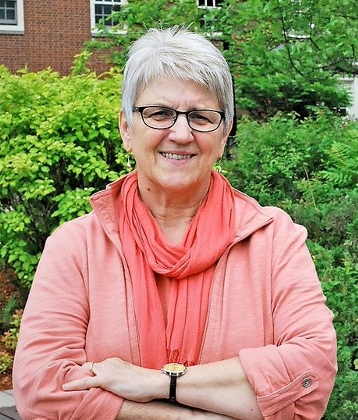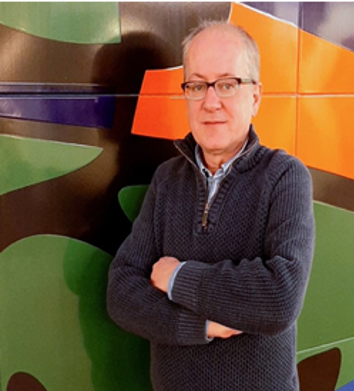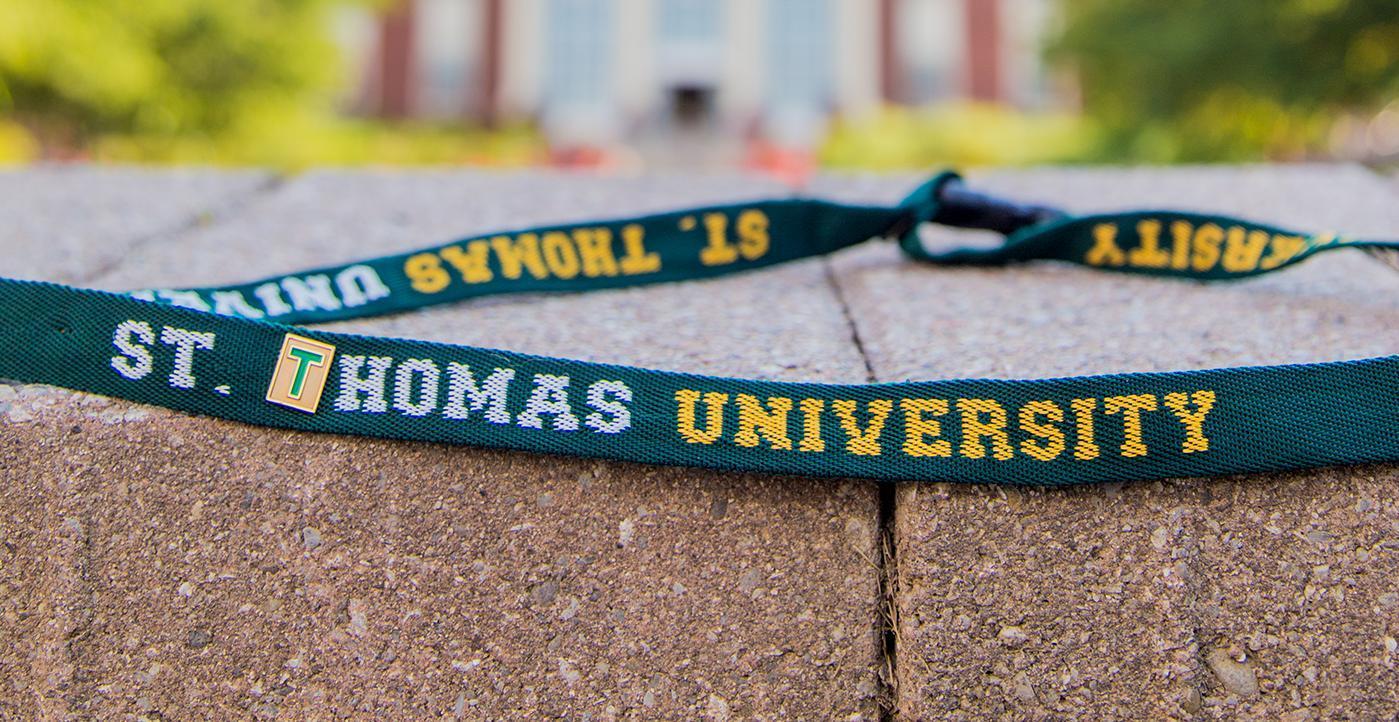Certificate in Experiential Learning
The Certificate in Experiential Learning and Community Engagement started at St. Thomas with the intention of supporting students putting theory into practice and connecting with the community outside of the classroom.
For the specific purpose of this Certificate, courses and volunteering that engage students in off-campus experiential learning activities will be counted towards the certificate. This can take place in the form of coursework where instructors direct and facilitate learning activities outside the classroom and pair it with reflection and in-class theory.
Through Course-Based Experiential Learning there are structured opportunities that link the theory learned in the classroom with learning activities outside the classroom through intentional self-reflection, self-discovery, and the acquisition and comprehension of values, skills, and knowledge content.
Examples in the Classroom
Intentional experiential learning can occur with almost every course taught to students in the humanities and social sciences. Below are examples of faculty members who have implemented some type of experiential learning within the coursework they’ve taught:
 Dr. Janice Harvey
Dr. Janice Harvey
Course: ’Environmental Praxis’
Environment & Society
“Praxis is a central concept in the design of the Environment and Society Major. We define praxis as 'action informed by theory,' and 'action and reflection for social change.' Our program was originally conceived as a vehicle for inspiring and activating ecological citizenship; in other words, we want our graduates to become ecological changemakers in society. Experiential learning provides opportunities to practice ecological citizenship, and to learn directly the complexities of real-world change-making. ”
 Olivia Parker
Olivia Parker
Course: Special Topics: Social Media
Communications & Public Policy
“I find students embrace and are excited about the interactive challenge of working with a real client. More importantly, experiential learning fosters skills like interpersonal communication, critical and creative thinking, project management, and co-operation. Students are required to take ownership of their learning because their projects have real-life implications and benefits to the organizations.”
 Brad Votour
Brad Votour
Course: Community-Based Internship
Interdisciplinary Studies
“This experiential learning course helps students articulate the transferable skills they have gained not only during their internship and course content, but also throughout their studies at STU. It encourages students to critically examine the experience and to incorporate the lessons learned and insights gained into their journey of life-long learning.”
Approved Experiential Learning Courses
Courses approved as part of the Certificate in Experiential Learning are assessed at the beginning of each term. If your course has an off-campus experiential learning component, please submit your course through our submission form as soon as possible so that students can count it towards their certificate completion.
If you are unsure whether your course will meet the requirements to be added to the certificate, please complete the course submission form and we will be in touch.
-(2).jpg)
